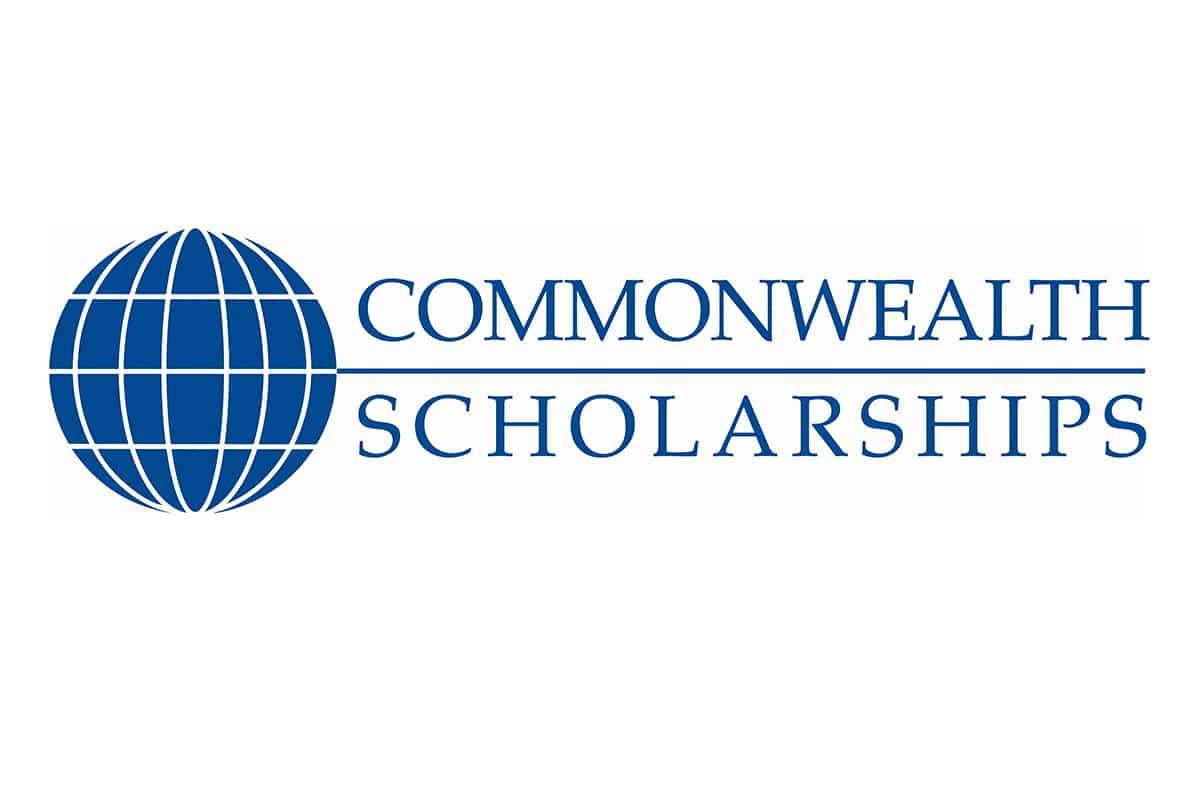1. Introduction
If you’re a Nigerian student dreaming of studying in Canada, the thought of securing a scholarship worth up to USD 150,000 (or more) can be both exciting and overwhelming. While there’s no single scholarship widely advertised that exactly says “US$150,000 for Nigerian students to Canada,” there are very generous scholarships in Canada for international students — including Nigerians — that total tens or even hundreds of thousands in Canadian dollars.
This post will break down how you can identify, prepare for and win one of these major scholarships, the reality behind the figures, plus key caveats and scams to watch out for.
2. What Kind of Scholarships Are Out There (and what ~$150,000 means)
Here are real examples of scholarships in Canada that Nigerian students can access, with amounts that approach or exceed large sums (though often they are in Canadian dollars and for certain levels of study).
Some examples:
- The Vanier Canada Graduate Scholarship (for PhD students) provides CAD $50,000/year for 3 years. (myeduplug.com.ng)
- The Ontario Trillium Scholarship offers up to CAD $40,000/year for up to 4 years — that’s CAD $160,000 in total. (universityliving.com)
- The Lester B. Pearson International Scholarship at University of Toronto is fully funded for undergraduates: tuition, books, residence for 4 years. (MyEduPlug)
- The York University International Student Scholarship is reported to be “up to CAD 180,000 over 4 years (CAD 45,000 / year)”. (Global Japa)
What this means for the “$150,000” figure
- If you convert CAD to USD roughly (depends on exchange rate), CAD $150,000+ is in the ballpark of USD $110,000–$120,000+ (depending on conversion).
- Many scholarships list amounts in CAD dollars; when someone quotes “US$150,000” for a Canada scholarship, often they mean a large total value in CAD or have converted loosely.
- Many of these large-value awards are for graduate-level (Master’s/PhD) or top undergraduate with very high competition, not guaranteed.
- So: yes, aiming for ~$150,000 is reasonable, but you’ll need the right level (often postgraduate) and be among the top candidates.
3. Why Canada is a Great Choice (Especially for Nigerian Students)
- Canada’s universities are globally respected; for Nigerian students, studying in Canada can open doors internationally. (myeduplug.com.ng)
- Canadian institutions and the government increasingly offer generous scholarships to international students. (universityliving.com)
- Compared to many other destinations, Canada offers a welcoming environment, multicultural campuses, and sometimes favourable post-study work permit (PSWP) options.
- For Nigerians: given the rising cost of studying abroad, scholarship opportunities make Canada more accessible.
4. Who is Eligible? What Do You Need?
To position yourself to win a top scholarship (aiming for ~$150,000), here are the typical eligibility criteria & what you’ll need to demonstrate:
Typical eligibility criteria
- Exceptional academic record (GPA, class rank, test scores) — for top awards you’ll need near top of class.
- Leadership, community service, extracurricular achievements (not just good grades).
- For postgraduate/PhD awards: research potential, publications, or track record of project work.
- For undergraduate large scholarships: strong high school results + perhaps nomination by your school, strong essay/personal statement.
- Be admitted (or eligible for admission) to a Canadian university program.
- Language proficiency (usually English, sometimes French) — IELTS/TOEFL or equivalent.
- For Nigerian students: you may need to handle visa/study permit process, ensure you meet admission & immigration requirements.
What you’ll need to prepare
- Academic transcripts (secondary school for undergrad; bachelor’s for postgraduate)
- Letters of recommendation (often 2-3)
- Personal statement/scholarship application essay
- Proof of English language ability
- CV/resume showing leadership, achievements, extracurriculars
- Admission letter (or proof of admission) to the Canadian institution (or evidence you will apply)
- Financial/extracurricular documentation (awards, service, community involvement)
- For research-based scholarships: research proposal, publications, supervisor contact (for PhD)
5. Step-by-Step: How to Target & Win a Big Scholarship
Here’s a practical game-plan for you as a Nigerian student aiming for a high-value Canada scholarship.
Step 1: Decide level & field
- Are you applying for undergraduate, master’s, or PhD?
- Identify your field of study (Engineering, Sciences, Social Sciences, etc) — this helps you narrow scholarship types.
Step 2: Research and shortlist scholarships
- Use scholarship databases focusing on Canada + international students + Nigerian eligibility.
- Look for scholarships that mention amounts in the CAD $50,000+ or multi-year funding.
- Make a list of 5-10 scholarships where you meet eligibility (or can meet with a bit of effort).
Step 3: Choose universities & programs
- Pick Canadian universities that are known for offering large scholarships (e.g., York, UBC, University of Toronto, University of Alberta).
- Ensure you check program deadlines for admission and scholarship application deadlines (they may differ).
Step 4: Get admission and start scholarship application
- Apply (and gain admission) to your chosen program(s).
- Simultaneously or afterwards apply to the scholarship(s). Many big awards require you to already be admitted or accepted.
- Prepare your documentation early (recommendation letters, essay, etc). Give yourself plenty of lead time (months) — many deadlines are early in the calendar year.
Step 5: Stand out in your application
- Emphasize leadership and impact — work/community involvement, extracurriculars, innovation.
- Show academic excellence — top grades, honors, projects.
- For research-level: show potential, motivation, clear research goals.
- Tailor your essay/personal statement to the scholarship’s theme (leadership, global change, etc).
- Provide strong references who can vouch for your achievement and character.
Step 6: Prepare for visa and logistics early
- Once you get the scholarship/admission, you’ll need to apply for a Canadian Study Permit (for Nigerian students).
- Ensure you meet language test requirements (IELTS/TOEFL).
- Prepare for financial/immigration documentation (even with a scholarship, you may need to show some funds).
- Start your visa application in good time.
Step 7: Maintain performance & leverage the award
- After winning the scholarship, maintain strong performance (many are renewable/conditional).
- Engage in extracurriculars and leadership during your time abroad — this can open further opportunities (networking, internships).
- Use the scholarship as part of your story: future employers/resume.
6. Realistic Tips & Caveats
What to watch out for
- Scams: Many offers promising “$150,000 scholarships for Nigerians” can be false. Always verify on the official university or scholarship website. For example, Reddit users report being targeted with fake offers. (Reddit)
- Hidden conditions: Some scholarships may only cover tuition, not living costs; others may be partial. Although some of the awards above are “fully funded”, not all are.
- Currency confusion: CAD amounts vs USD amounts — always check which currency and what the true value is based on current exchange rate.
- Competition: High-value scholarships are extremely competitive — only a handful of students win them each year. Don’t assume you’ll automatically succeed.
- Eligibility for Nigerian students: Some scholarships may exclude certain nationalities or have quotas. Always check “open to international students” or specify “eligible to Nigerians” if stated.
What makes a strong candidate
- Your grades are consistently high.
- You’ve taken leadership roles (school club, community service, volunteer work).
- You’ve done something distinctive (project, research, start-up, community initiative).
- You’ve prepared early and submitted all documents well before deadlines.
- You’ve selected a program/university that aligns with your goals and the scholarship’s objective (e.g., global leadership, research excellence).
7. Sample Timeline for Nigerian Applicants
| Month | Action |
|---|---|
| 12 months before start date | Research universities + scholarship options. Shortlist fields and programs. |
| 10-9 months before | Prepare admission application: gather transcripts, references, test (IELTS/TOEFL) if required. |
| 8-7 months before | Submit program admission applications. Begin the scholarship application process (essay drafting, collect letters). |
| 6-5 months before | Finalize scholarship applications, ensure you meet all criteria (leadership, grades, etc). Submit. |
| 4-3 months before | Await results; if offered admission, apply for study permit / visa; confirm scholarship award. |
| 2-1 months before | Plan logistics (travel, accommodation, orientation, finances). Arrive in Canada. |
| During study | Maintain performance, engage fully, abide by scholarship conditions, network and build your future. |
8. “Win Canada Scholarship Worth $150,000” — Is it realistic?
Yes — but with conditions.
- Realistic because there are scholarships in Canada that, over 3-4 years, have values of CAD $100,000+ (which roughly translates to USD $70-$110k depending on rate).
- Conditions because to hit or exceed “USD $150,000” you likely need a very high‐value award (such as a multi-year doctoral scholarship), you need to be an exceptional candidate, and you must fulfil every requirement.
- So when you see an advertisement like “Win Canada scholarship worth $150,000 for ambitious Nigerian students”, treat it as a strong incentive — but do your homework: check the official source, exact terms, eligibility, whether it’s indeed targeted at Nigerians/international students, how much is covered (tuition, living, travel, etc).
9. Next Steps for You
Here’s what you can do right away:
- List 3 universities in Canada you’d like to attend (undergraduate or postgraduate).
- For each, check their international scholarships page and filter for “open to Nigerian students” or “international students”.
- Pick one scholarship that seems large (CAD $40,000+ year or multi-year) and check deadlines/criteria now.
- Draft a personal statement/essay about your academic background, leadership experience, and why you want to study in Canada.
- Prepare the documents you’ll need (transcripts, references, language test) so you don’t rush later.
- Be vigilant: verify any “$150,000” offer via official university/scholarship portal; avoid any offer that asks for payment or seems “too good to be true”.
10. Conclusion
A scholarship of ~$150,000 to study in Canada is possible for Nigerian students — but it won’t come easy and you’ll need to be an outstanding candidate, well prepared early, and strategic about applying. Canada’s many generous scholarships make it one of the top destinations for ambitious Nigerian students, but with that opportunity comes competition and the need for diligence.
If you’re ready to start this journey — set your goal now, prepare your story, research your options, and go for it.


